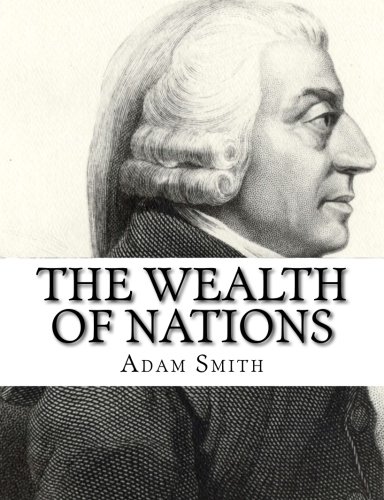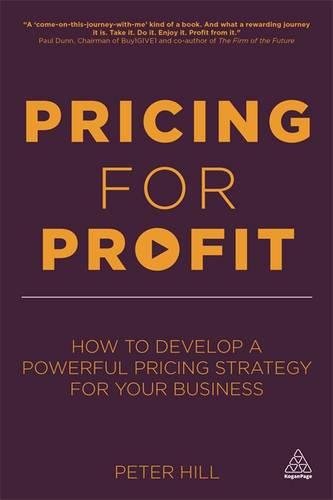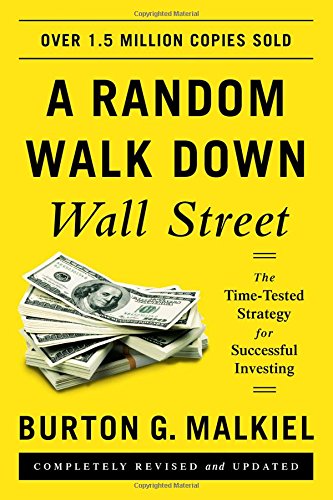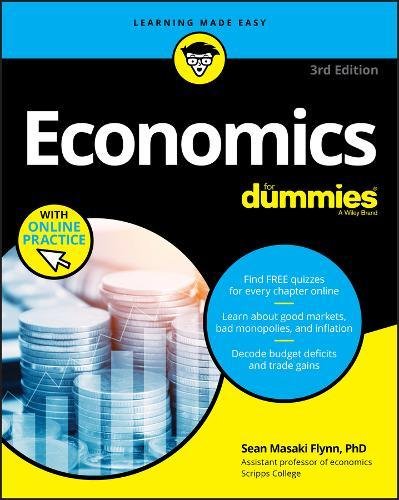So you want to learn about economics or you need qualified economics homework help? To master the art of economics you need to understand some of the basic concepts, here are 9 books you should read to learn the basics of economics.
Each of the books on this list is recommended by industry leaders and academics in the field of economics.
Navigate the article
#1 Rich Dad Poor Dad
This book explains how the wealthy population generates wealth by simplifying seemingly complex examples using stories. When it comes to your household economics, this book will help you understand how to turn your earned income into a sustainable passive income that generates wealth for you.
Want to read more reviews of this book or buy it? Check out the links below:
Contributors: Shawn Breyer from Breyer Home Buyers
#2 The Wealth of Nations
This is the book that created modern economics. This book was published in 1776 and is still considered one of the foundations of modern economics. The book is long but it creates a great foundation for economic thinking and Smith does a nice job of explaining concepts using simple examples.
Want to read more reviews of this book or buy it? Check out the links below:
Contributors: John Linton from Elbert Capital Management
#3 The Ascent of Money
This historical narrative of the rise of modern capitalism also traces the development of Western Civilization. By putting both in context, Niall, who works at the Hoover Institute, gives readers profound insights into both market and economic theory.
Want to read more reviews of this book or buy it? Check out the links below:
Contributors: Robin Lee Allen from Esperance Private Equity
#4 Economics in One Lesson
Without a doubt, you have to read Henry Hazlitt's classic... Economics in One Lesson: The Shortest and Surest Way to Understand Basic Economics, It was written a long time ago, but having recently re-read it, it's still spot on.
Want to read more reviews of this book or buy it? Check out the links below:
Contributors: Charles C. Scott from Pelleton Capital Management
#5 Popular Economics
This book tackles some fairly complex economic issues with modern examples like Lebron James. It also gives a good overview of the 2008 economic crisis. When people would tell me they think Economics is too difficult, I would suggest this book to them.
Want to read more reviews of this book or buy it? Check out the links below:
Contributors: Logan Matthews from Skoller
#6 The Instant Economist
One book comes to mind over the years because, being a bookworm, there are awfully few books I recall that had taught so much with so few words: The Instant Economist: All The Basic Principles Of Economics In 100 Pages Of Plain Talk. This book was required reading for my Baylor economics course for good reason. It eloquently and clearly communicated the basics in only 100 pages! There is no other book I could recommend more.
Want to read more reviews of this book or buy it? Check out the links below:
Contributors: Greg Shepard from Dallas Maids
#7 Pricing for Profit
All business people want to earn more money, but moving the needle by getting more or better clients can be an uphill battle — it can be both a protracted and complex affair. On the other hand, pricing improvements can be executed quickly and create a noticeable and sometimes dramatic difference to a business's profits.
This book gives excellent insight into where most of us go wrong with pricing. It also provides a range of excellent ideas and solutions that will help business owners improve their pricing and earn more money.
I've successfully used the ideas in this book to improve the pricing of my consultancy, and friends businesses(bars and e-commerce stores). It's a must-read for any business owner who wants to get to grips with the pricing side of their business.
The book itself is pricey, but in this regard, Peter practices what he preaches — by putting a proper value on the excellent education he provides.
Want to read more reviews of this book or buy it? Check out the links below:
Contributors: Andrew Bull from Bright Arts Agency
#8 A Random Walk Down Wall Street
A good book to read on trading and investing is A Random Walk Down Wall Street by Burton G. Malkiel. A good book to read by an established bestselling author on the evolution of the markets, how they work and how to start investing.
Want to read more reviews of this book or buy it? Check out the links below:
Contributors: Ryan R. Boggs from FourStar Wealth Advisors LLC
#9 Economics For Dummies
This inexpensive, but somewhat lengthy paperback (roughly 430 pages cover-to-cover), is written by a fairly young economics professor who does a good job of simplifying the complicated jargon that often seems to make economics unfathomable.
Dr. Flynn provides all the information that folks need to understand our rapidly evolving economy, as well as the basics of economics that never change. This easily digested book is a practical guide to help readers (high school age and above) understand how our world economy actually operates.
Want to read more reviews of this book or buy it? Check out the links below:
Contributors: Timothy G. Wiedman from Doane University
This post was created with our nice and easy submission form. Create your post!














